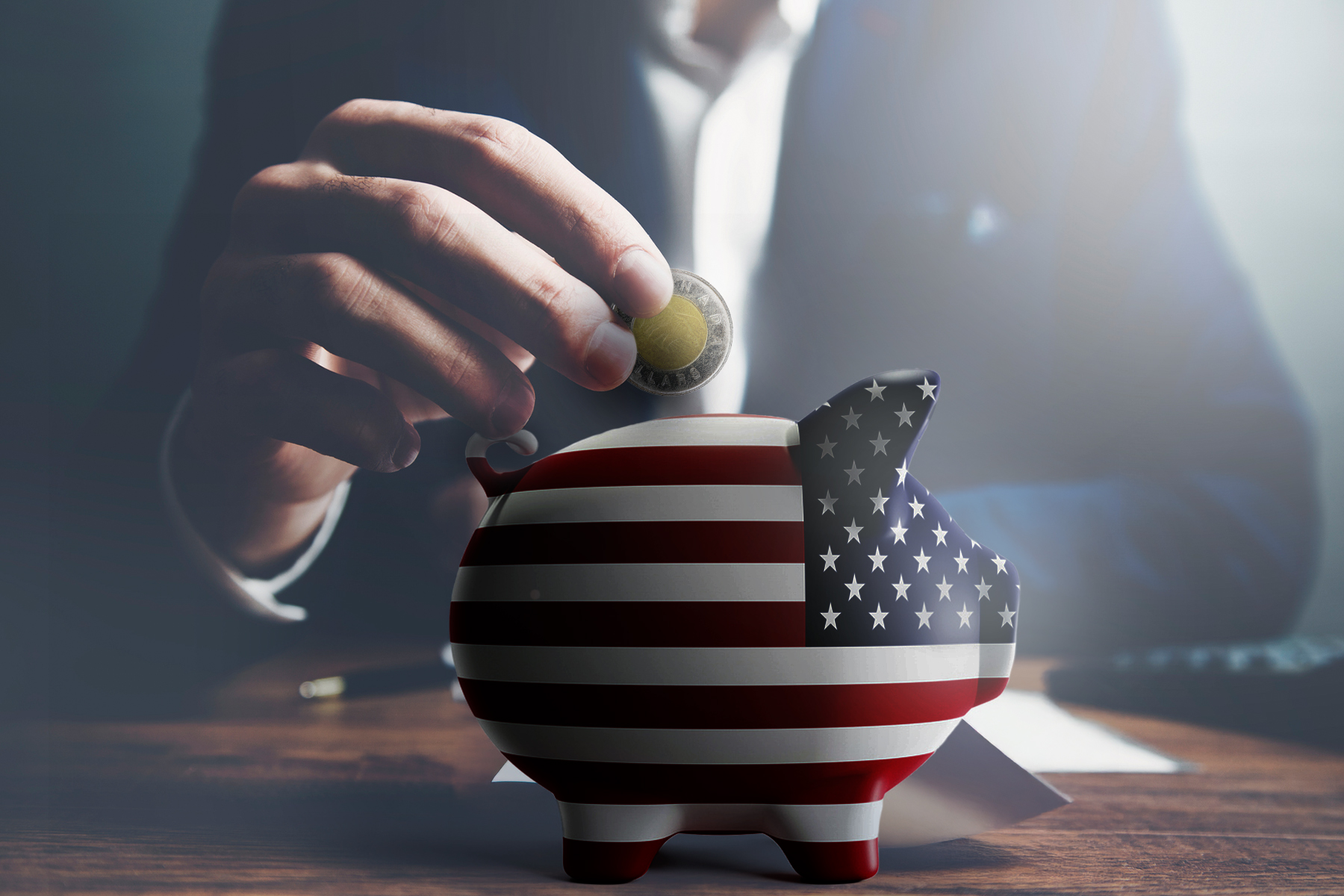
"That spring, Donald Trump was levying tariffs against Canada, threatening industries, workers, and consumers, and musing about erasing the border and making the country the " cherished" fifty-first US state. Residents north of the forty-ninth parallel responded by boycotting American goods, scrapping stateside trips, pulling Yankee hooch from liquor store shelves, booing the Star-Spangled Banner, and returning a Liberal government that promised to get tough with Trump."
"A cursory glance at Canadian history disabuses us of any notion that Canada is or can be independent of the United States, just as the tendency to regress to the mean reminds us that extraordinary occurrences tend to give way to a return to the ordinary. We can assert our sovereignty from time to time-officially sitting out the Vietnam and Iraq wars and developing deeper trade relationships with South America, Europe, or Asian countries, for instance."
Mary Brock's supermarket boycott exemplified consumer resistance after US tariffs and rhetoric raised fears of economic coercion and even annexation. Canadians responded with boycotts, canceled trips, public protests, and electoral shifts toward a government promising a tougher stance. Political elites promoted a "One Canadian Economy" to increase internal trade and pursue partners beyond the United States. Historical and geographic realities, however, limit full economic independence. Canada-US trade exceeds $1 trillion annually and about 80 percent of Canadian exports go to the United States, anchored by deep industrial, cultural, and personal linkages that make permanent separation impractical.
Read at The Walrus
Unable to calculate read time
Collection
[
|
...
]